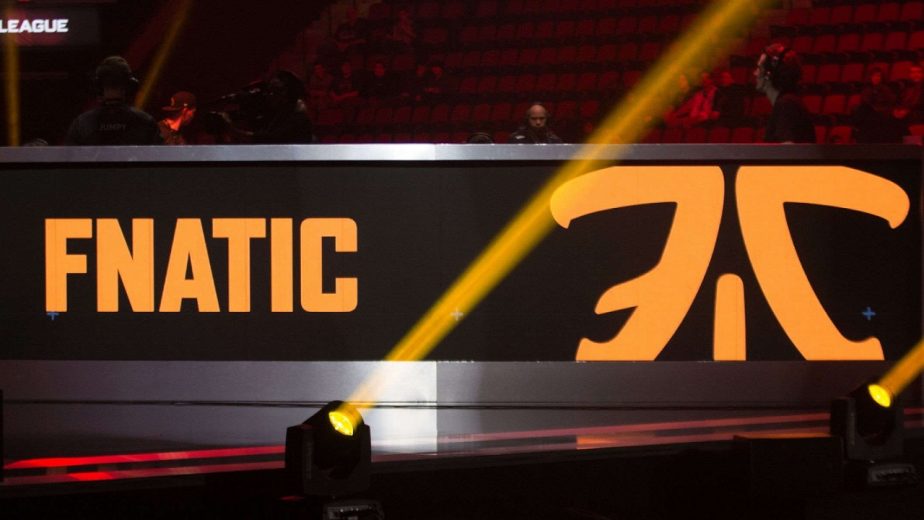Over the course of the last few years, esports have rapidly grown from a fringe section of gaming to one of its most prominent, and with that, has begun to attract major investment. The esports industry is already expanding at a very fast pace in the US, Europe, and China, and India could soon be the next region which the industry expands into. India already has a vast tech market, but has yet to see much direct investment for esports. However, thanks to recent efforts by some leading esports organisations, this could be starting to change.
Recent Growth of the Esports Industry in India
The first major indication of the esports industry expanding into India came in October of last year, when the UK-based esports organisation Fnatic acquired Team XSpark; an Indian PUBG mobile team. Alongside this acquisition, Fnatic announced plans for a new facility in India as part of their expansion into the region. “For the initial months, we’ll focus on the sports side and content,” Fnatic Division Director Victor Bengtsson told SpielTimes; “Over time, we are looking to set up a gaming facility and staff so that all the fans and gamers in India can get the full Fnatic experience that they deserve, in terms of products, experiences, and of course, content.”

Notably, Bengtsson went on to add in that interview that; “One of the core reasons for us coming to India is to create a platform where fans of esports can find a home”. Evidently, Fnatic saw in India an untapped market for the esports industry, and since then, other esports businesses have followed their lead. This hasn’t just been important for bringing in investment, but also in standardising the Indian gaming market. “Fnatic coming to India has put India on the world map for team investments[…]” explains Nimish Raut, Fnatic’s India Lead; “This has also made Indian organisations follow certain global standards in daily operations.”
The latter aspect might seem like a minor thing, but could prove to be a very important step. Part of why the gaming industry has such global reach is because companies tend to follow the same systems. As India adapts to those standards, it becomes easier for esports and gaming companies to form partnerships with Indian organisations or establish new branches in the region. As a result, expansion of the industry in India is likely to speed up in the next couple of years.
Mobile Esports Could Dominate in India
However, while India may be starting to follow the same standards as the rest of the global esports industry, the country’s gaming market is by no means identical to those of other regions. Like China, India’s esports industry is likely to emerge as a distinct entity; one which specifically caters to the particular interests of the regional gaming market. In India, that means a major focus on mobile gaming. As of January this year, India had become the second-largest market in the world for smartphones. As such, that market has swiftly become a major target for mobile gaming companies.

It’s no coincidence that Fnatic chose to acquire an esports team who specialised in the mobile version of PUBG. Whereas in the US and Europe, mobile gaming is popular but coexists alongside a major PC and console gaming market, mobile gaming’s dominance in India is almost pushing PC gaming out of favour entirely. Of course, this makes it a less appealing market for esports giants like Dota 2 or CS:GO. However, PUBG Mobile and other such mobile titles have found enormous audiences.
For now, the Indian esports industry is still in its infancy. The next few years will no doubt shape the industry considerably as investments begin to pay off and audiences expand. For instance, it’s possible that a newfound interest in esports could grant PC gaming a resurgence in the region. Certainly, India could become one of the largest markets in the world for mobile gaming esports. Just as publishers have sought to target the Chinese market in recent years, it’s possible that such growth could attract publishers to target competitive mobile games at the Indian market as a result. For now, gamers and analysts alike will have to wait and see, but they probably won’t have to wait long.
Barriers to Expansion for Esports Betting
One area which is large enough to warrant its own discussion when it comes to the growth of esports is the simultaneous rise in esports betting which has accompanied it. Since the legalisation of sports betting in the US, esports betting has seen enormous investment. This has caused the industry to grow exponentially in an extremely short period of time. Of course, this hasn’t always been good; reports of suspicious betting practices among smaller, often un-monitored sites have also grown rapidly, prompting calls for industry unity and accountability from watchdogs.

Esports betting operators looking to follow the esports industry into India may find it difficult to do so. This is because of the country’s oftentimes convoluted (or downright outdated) gambling laws. Although online casino in India do exist, they currently exist in a grey area, legally speaking. At present, India doesn’t issue licenses to local betting operators. However, at the same time, the country has no bans on offshore companies operating online sports betting sites. As a result, all of the betting sites available in the country are currently based overseas. Similarly, betting laws are generally considered a county-level issue; the actual laws pertaining to betting often differ from county to county.
The Future of Esports and Esports Betting in India
It’s possible that, just as has happened in the US, the emergence of a growing and profitable esports industry in India could prompt the Indian government to modernise their laws pertaining to esports/online betting. Indeed, a pattern similar to the US’s adoption of betting legalisation could occur at some stage. (The central government legalising sports betting followed by individual counties passing laws to that effect.) However, such movement is unlikely to happen anytime soon. As such, given the grey area which the industry currently exists in, there is an understandable level of uncertainty which may scare off similarly large investments for esports betting operators in the region. As such, the pace of esports betting growth in India may be slower than it has been elsewhere.




